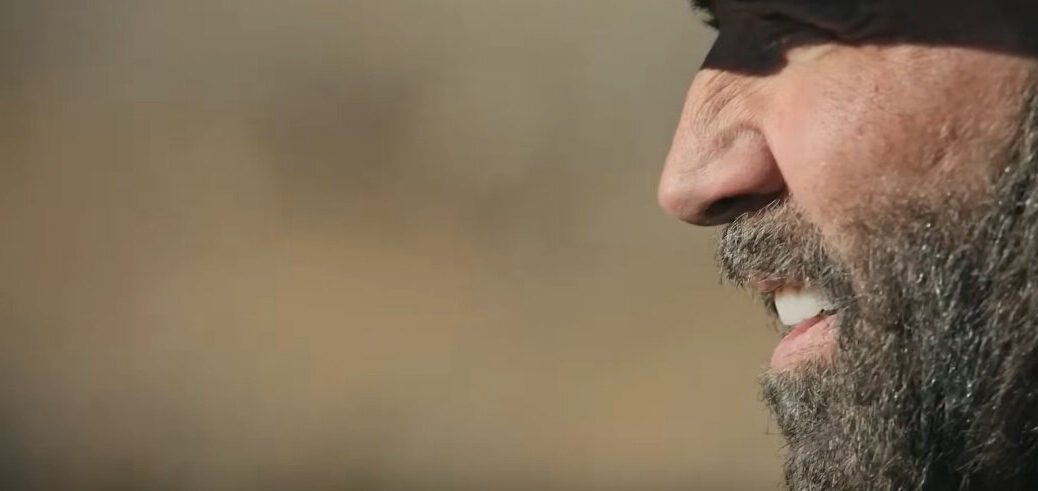Hell of a Summer
by Hope Madden
Finn Wolfhard and Billy Bryk are not the first to send up the summer camp slasher. They may not even be the first this year. But that fact doesn’t make Hell of a Summer any less delightful.
The co-directors and co-writers are also co-stars, playing two best friends returning to their beloved Camp Pinewood for the first time as counselors rather than campers. Bryk’s Bobby is a wannabe Romeo hoping to score. Wolfhard’s Chris is a little more enlightened.
“Single use plastics are the real killer.”
Among the charms the writers bring to the film is the ironically unironic Gen Z humor, which can’t help but set the film apart from similarly themed comedies. The pair also invest in character. Yes, the circle of counselors looks like every other set of doomed slasher victims: horny teens making bad decisions. And while no actor is asked to shade in a lot of various grays, each character has enough screen time that their jokes feel character driven and earned.
Abby Quinn shines as the grungier kid in the bunch, but it’s Fred Hechinger—who had one hell of a 2024, with roles in Thelma, The Nickel Boys, and Gladiator II—who steals this movie. The same sweet natured haplessness that fueled his turn as devoted grandson in Thelma lends power to the trope-skewering at the center of this film.
Hell of a Summer’s subversions are never heavy handed. They’re almost delicate, with quietly observed authenticity that echoes the film’s—and generation’s—underlying, if often comedic, empathy.
The plot itself could have used a few more solid surprises. Hell of a Summer does not set out to reinvent the wheel, and even commits to one of the genre’s most tiresome new stereotypes. (The social media influencer has replaced the rich, popular blonde as horror’s shorthand for victim most deserving a comeuppance.)
Still, it’s fun while it lasts. And Fred Hechinger is a treasure.









